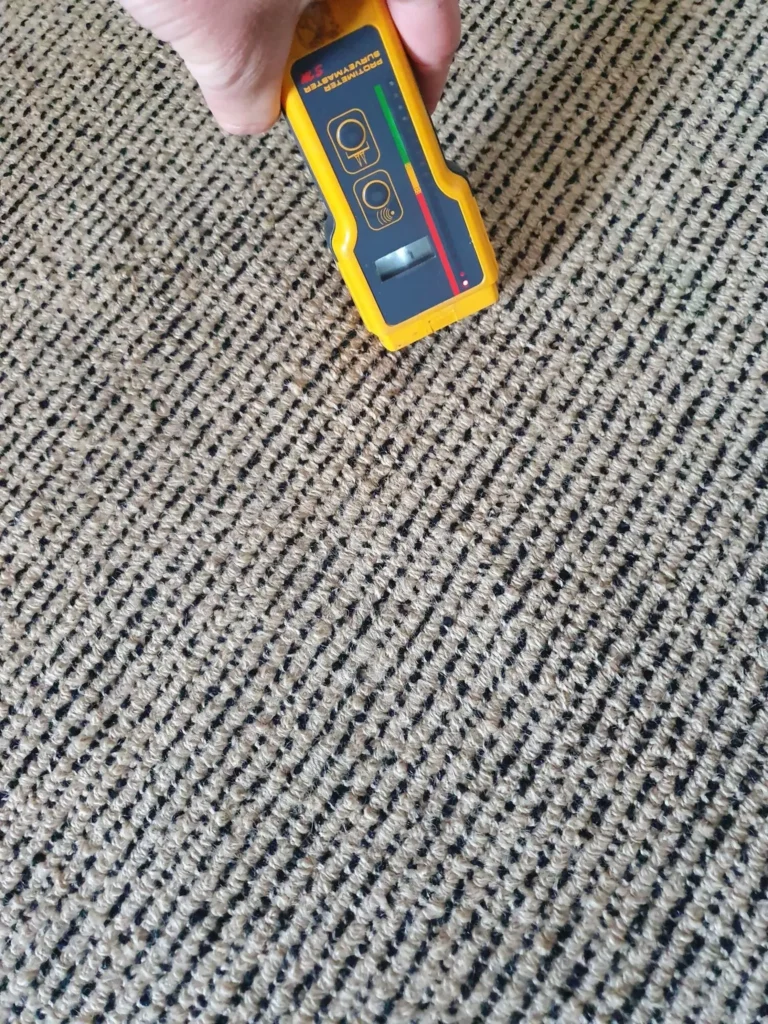
Effective refuse management is a cornerstone of maintaining properties that are safe, healthy, and compliant with the Housing Health and Safety Rating System (HHSRS). As part of house inspections, addressing refuse-related issues is essential for landlords to ensure tenant safety and regulatory compliance. At HMO Horizon, we provide expert insights and solutions tailored to HHSRS refuse guidelines.
Why Refuse Management Matters in House Inspections
1. Health and Hygiene
Improper refuse disposal can lead to:
- Pest Infestations: Rodents, insects, and other pests thrive in unmanaged waste.
- Spread of Diseases: Decomposing waste can harbor bacteria and pathogens harmful to health.
- Unpleasant Odors: Accumulated waste creates foul smells, impacting living conditions.
2. Environmental Concerns
- Pollution: Improperly disposed waste contributes to land and water pollution.
- Waste Overload: Neglecting recycling can increase landfill use and harm the environment.
3. HHSRS Compliance
HHSRS guidelines require landlords to identify and mitigate hazards associated with refuse. Non-compliance can result in penalties or legal action.
Common Refuse Challenges in Rental Properties
1. Inadequate Waste Disposal Facilities
Properties with insufficient or improperly maintained bins often face waste overflow issues.
2. Improper Waste Segregation
Tenants may not separate recyclables, organic waste, and general waste, leading to inefficiencies.
3. Neglected Waste Collection Schedules
Irregular waste collection can cause waste accumulation and attract pests.
4. Tenant Awareness Gaps
Tenants may lack knowledge about proper refuse disposal and their role in maintaining cleanliness.
HHSRS Refuse Guidelines: Key Points
1. Provide Adequate Waste Facilities
- Equip properties with separate bins for general waste, recyclables, and organic matter.
- Ensure bins are appropriate for the number of tenants.
2. Ensure Regular Waste Collection
- Partner with reliable waste management services.
- Establish clear collection schedules and share them with tenants.
3. Educate Tenants
- Provide tenants with guidelines on waste segregation and disposal.
- Use visual aids, such as posters or flyers, in common areas to reinforce best practices.
4. Secure Waste Storage Areas
- Keep bin areas clean, organized, and covered to deter pests.
- Inspect storage areas regularly for maintenance needs.
5. Monitor and Inspect Regularly
- Conduct periodic inspections to identify and address waste management issues promptly.
- Keep a record of inspections for compliance purposes.
6. Promote Recycling Programs
- Encourage tenants to participate in recycling initiatives.
- Provide clear labeling and instructions for recyclable materials.
How HMO Horizon Supports Refuse Management
At HMO Horizon, we understand the complexities of managing refuse in rental properties. Our services include:
- Comprehensive house inspections to assess refuse management practices.
- Recommendations for improving waste disposal facilities and systems.
- Guidance on tenant education to promote compliance with HHSRS guidelines.
- Pest control solutions to address refuse-related infestations.
Benefits of Adhering to HHSRS Refuse Guidelines
1. Healthier Living Spaces
Proper refuse management minimizes health hazards, ensuring a safer environment for tenants.
2. Pest Prevention
Timely waste disposal and secured bins reduce the risk of pest infestations.
3. Environmental Responsibility
Recycling and responsible waste disposal contribute to a healthier planet.
4. Legal Protection
Compliance with HHSRS guidelines helps landlords avoid fines and legal disputes.
5. Enhanced Tenant Satisfaction
Clean and organized properties improve tenant experience and retention.
Conclusion
Refuse management is a vital aspect of house inspections under HHSRS. By implementing effective waste disposal strategies, landlords can maintain safe, hygienic, and compliant properties. Partner with HMO Horizon for expert assistance in adhering to HHSRS refuse guidelines. Contact us at 07872076460 for professional guidance tailored to your property’s needs.
FAQs
1. What does HHSRS say about refuse management?
HHSRS highlights the importance of proper refuse disposal to prevent health hazards and pest infestations.
2. How can tenants contribute to better refuse management?
Tenants can follow waste segregation guidelines, report overflowing bins, and avoid improper disposal.
3. What are the risks of poor refuse management?
Poor waste management can lead to pest infestations, foul odors, and health risks for tenants.
4. How often should refuse storage areas be inspected?
Regular inspections, ideally monthly, are recommended to identify and address issues early.
5. How does HMO Horizon help with refuse management?
HMO Horizon offers inspections, tenant education, and tailored solutions for effective refuse management in rental properties.